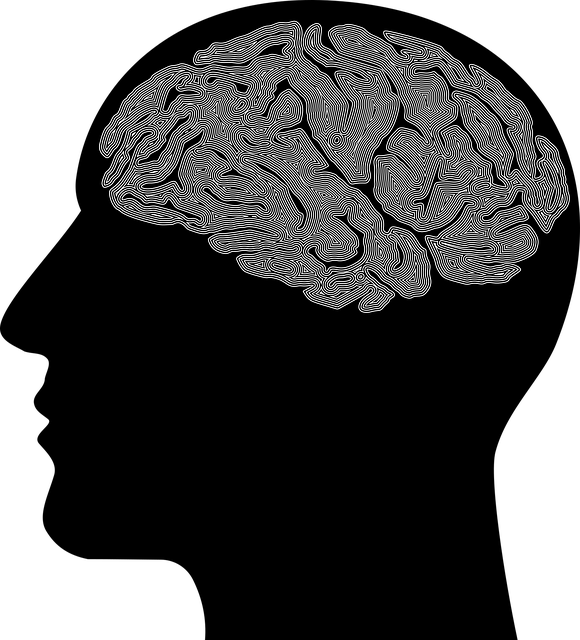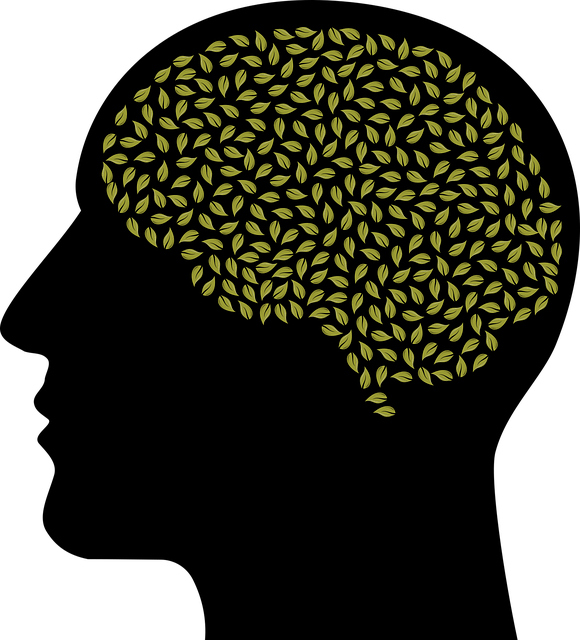Greenwood Village Dialectical Behavioral Therapy (DBT) offers a comprehensive solution for managing chronic stress, targeting both mental and physical health. This evidence-based approach combines mindfulness, emotional regulation, distress tolerance, and interpersonal skills to empower individuals in navigating complex emotions and life challenges. By addressing root causes and promoting holistic well-being, DBT helps clients develop healthier coping strategies, enhance resilience, and achieve long-lasting emotional balance.
Stress reduction is a vital aspect of maintaining good mental health, and understanding its impact on our lives is the first step towards managing it effectively. This article explores various methods to alleviate stress, with a focus on Dialectical Behavioral Therapy (DBT), proven successful in Greenwood Village for many seeking therapy. We’ll guide you through practical techniques to manage daily stressors and demonstrate how integrating DBT into your routine can foster lasting positive change.
- Understanding Stress and Its Impact
- The Role of Dialectical Behavioral Therapy (DBT) in Stress Reduction
- Practical Techniques for Daily Stress Management
- Integrating DBT into Your Routine for Lasting Change
Understanding Stress and Its Impact

Stress is a natural response to various life challenges and demands, but when it becomes chronic, it can significantly impact both mental and physical health. Understanding stress involves recognizing its triggers, be they work-related pressures, personal relationships, financial worries, or health issues. Greenwood Village Dialectical Behavioral Therapy (DBT) offers valuable tools for managing and reducing stress levels effectively. This therapeutic approach focuses on mindfulness, emotional regulation, distress tolerance, and interpersonal skills to help individuals cope with stressful situations in a healthier manner.
By addressing the root causes of stress, DBT enables clients to develop better coping strategies and enhance their overall well-being. Incorporating techniques from Mental Health Policy Analysis and Advocacy, healthcare providers can offer culturally competent care tailored to individual needs. This holistic approach ensures that stress management goes beyond mere relaxation techniques, encompassing mental health promotion, mood management, and building resilience to navigate life’s challenges successfully.
The Role of Dialectical Behavioral Therapy (DBT) in Stress Reduction

Dialectical Behavioral Therapy (DBT) has emerged as a highly effective approach to stress reduction, especially for individuals dealing with complex emotions and challenging life circumstances. This therapy is renowned for its ability to provide valuable skills for managing distress, regulating emotions, and improving overall mental wellness. In Greenwood Village, dialectical behavioral therapy practices are tailored to meet the unique needs of clients, incorporating elements of mindfulness, distress tolerance, emotional regulation, and interpersonal effectiveness.
The cultural sensitivity in mental healthcare practice is a cornerstone of DBT, ensuring that therapeutic interventions are adaptable to diverse backgrounds and experiences. This approach considers the impact of cultural factors on one’s mental health, offering guidance for crisis intervention and fostering an environment where individuals feel understood and supported. By combining evidence-based techniques with a deep understanding of individual and cultural contexts, DBT helps clients navigate their emotions, find healthy coping strategies, and ultimately enhance their ability to manage stress effectively in their daily lives.
Practical Techniques for Daily Stress Management

Managing daily stress is a skill that can be cultivated with practical techniques, and Greenwood Village Dialectical Behavioral Therapy (DBT) offers valuable tools to help individuals achieve emotional balance. DBT focuses on teaching clients Mind Over Matter principles, empowering them to navigate life’s challenges with resilience. Through structured therapy sessions, individuals learn effective coping mechanisms, such as mindfulness exercises and distress tolerance skills, which are essential for managing intense emotions.
The therapy also incorporates Emotional Healing Processes, helping clients understand and process their feelings. This involves exploring the root causes of stress and developing healthy ways to express and regulate emotions. With these techniques, individuals can break free from negative thought patterns and create a more positive and balanced mindset, fostering overall well-being within the community and beyond.
Integrating DBT into Your Routine for Lasting Change

Integrating Dialectical Behavioral Therapy (DBT) into your routine can bring about significant and lasting changes in managing stress and improving mental health. Offered by therapists at Greenwood Village, DBT combines cognitive-behavioral techniques with mindfulness practices to help individuals develop skills for regulating emotions, tolerating distress, and effectively communicating their needs. This holistic approach empowers folks to navigate life’s challenges more adaptively.
One key aspect of DBT is the emphasis on self-awareness exercises and mindfulness meditation. By cultivating present-moment awareness, individuals can learn to observe their thoughts and feelings without judgment, leading to better decision-making and a reduced emotional reaction to stressful situations. Regular practice of these skills can profoundly enhance mental health awareness and overall well-being.








